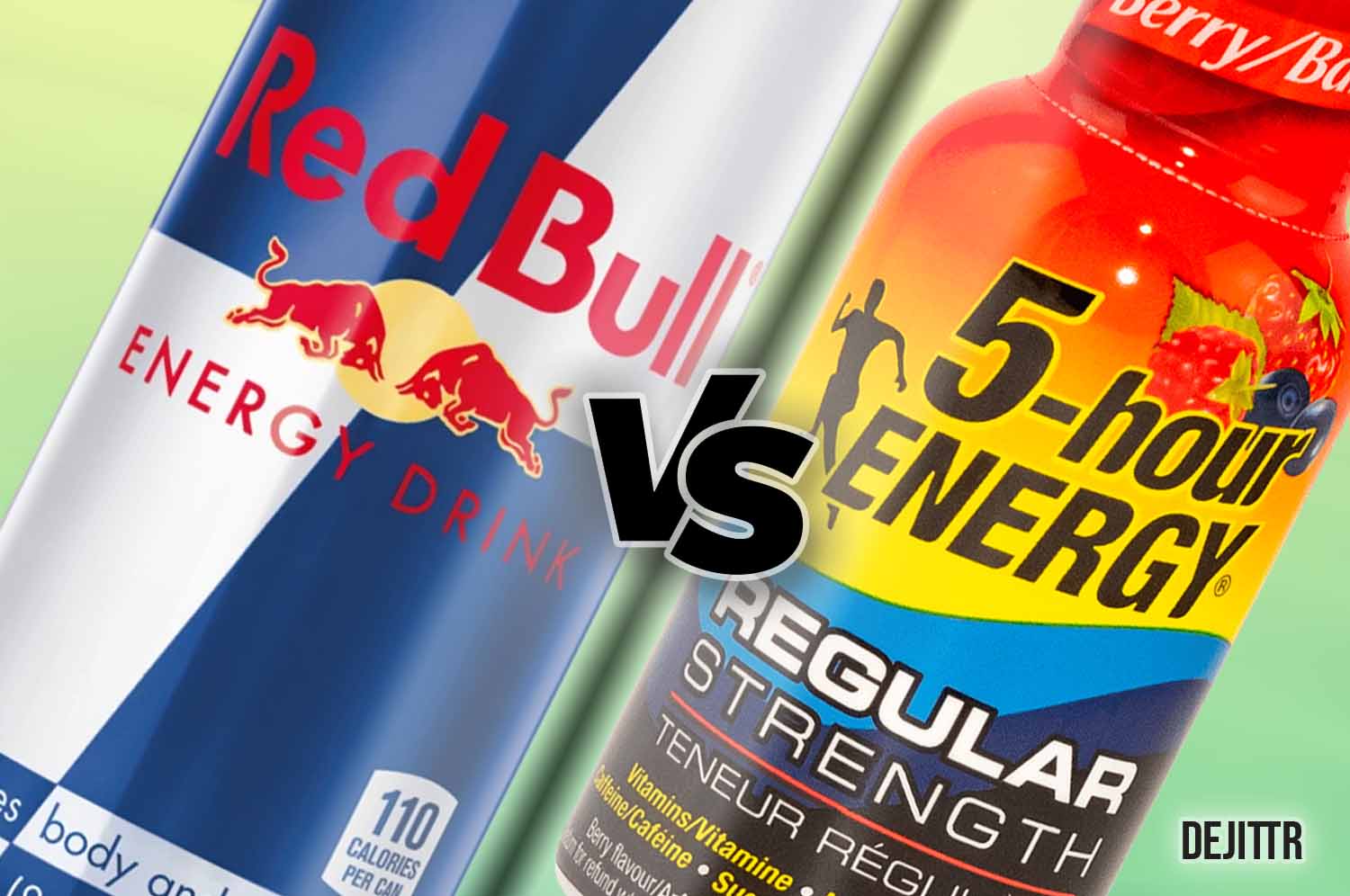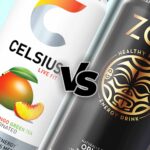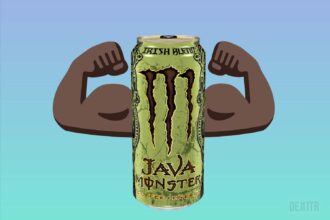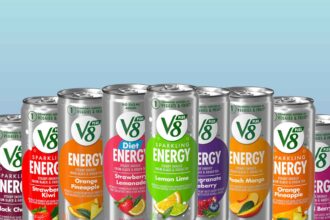Whether you’re pulling an all-nighter studying for an exam or pushing through a busy day at work, there’s no doubt that energy is something we wish we all had in abundance. Luckily there are options for us to get a boost of energy in the form of a ready-to-drink beverage.
Today I’ll be talking about two such options: Red Bull, and 5-hour Energy. These are two popular options when it comes to energy-boosting drinks on the market.
However, it has to be said that the energy drinks industry has built up a bad reputation for prioritizing their products’ energy-boosting effects while causing unhealthy side effects such as restlessness, irregular heartbeats, and chronic insomnia, to name a few.
So which one is the healthier option of the two? Let’s find out.
An Overview of 5-hour Energy
5-Hour Energy is a nifty drink that gives you a powerful energy boost in a tiny 1.93 fl.oz package. It packs 200mg of caffeine in its small size, and contains a proprietary blend of B Vitamins and electrolytes that provides the user with an immediate energy boost.
It is made in America, and is manufactured by a company called Living Essentials LLC. Launched in 2004, it grew to an estimated $1 billion in sales by 2012, and has been gaining a significant amount of the market share year on year.
Here is the ingredient list for a single serving (1.93 fl.oz bottle) of 5-hour Energy:
- Purified Water
- Sucralose
- Potassium Sorbate
- EDTA (chelating agent)
- Taurine
- Caffeine
- Citicoline
- L-phenylalanine
- N-Actyel L-Tyrosine
- Malic Acid
- Glucuronic Acid
- Sodium Benzoate
- Natural and artificial flavors
Sucralose is an artificial sweetener. This means that while there is no sugar in 5-hour Energy, you will be consuming artificial sweeteners in this product.
Pros and Cons of 5-hour Energy
Here are the Pros and Cons of 5-hour Energy:
- Pros
- It contains 200mg of caffeine in a relatively small serving which provides a rapid spike in energy levels.
- It is small-sized and easy to carry around with you
- The caffeine increases your metabolism and helps with calorie burning when you drink it before your workouts.
- It is sugar-free so it is suitable for diabetics
- It contains just 4 calories (the daily calorie limit for adults is 2400 for women and 3000 for men)
- Cons
- Too much caffeine at one go (200mg) may cause symptoms like dizziness, headaches, and insomnia in some people.
- You can’t drink this every day due to the high caffeine content
An overview of Red Bull
Red Bull is by all accounts, the household name when it comes to Energy drinks. This Austrian company has a market share of 38% in the industry, and is the most popular energy drink worldwide selling 100 billion cans since 1987.
Each serving comes in an 8 oz. can, and contains Taurine, B vitamins, and 80mg of caffeine.
Here are the ingredients found in a single can of Red Bull:
- Niacin (Vitamin B3)
- Pantothenic Acid (Vitamin B5)
- Vitamin B6
- Vitamin B12
- Taurine
- Caffeine
- Sugar Beet (sweetener)
- Natural and Artificial colors and flavors
Pros and Cons of Red Bull
Here are the pros and cons of Red Bull:
- Pros
- It contains only 80mg of caffeine in a single serving
- It is the most popular energy drink brand worldwide
- Red Bull has 1000mg of Taurine, which helps in stimulating energy but does not give restless side effects like caffeine does. Additionally, the standard safe dosage for Taurine is 500-3000 mg daily for adults.
- Cons
- One can of Red Bull contains 27grams of sugar, which is quite high
Which one is better for me?
When deciding which energy drink is best and the healthiest choice for you, it’s worth considering your health requirements first.
If you’re a diebetic, or want to avoid sugar in your diet, then 5-hour energy may be the option out of the two.
Because it contains no sugar, there is no risk of adding on extra calories to your diet or causing a sugar crash after the energy-boosting effects wear off.
Red Bull, on the other hand, contains quite a high amount of sugar, at 27mg per serving. This means that consuming anything more than two cans a day could cause you some health problems.
An interesting note to consider is that your body actually produces sufficient B Vitamins on its own through a regular diet, and any excess B Vitamins that you consume actually are excreted out through your urine. Both Red Bull and 5-hour Energy claim to have high B Vitamin content to boost energy.
Generally, the rule when it comes to energy drinks is to always keep count of how much you’re consuming throughout the day.
While a quick energy boost is always much appreciated, long-term, you are bound to face some unwelcome side effects if you’re consuming caffeine, sugar, taurine, or artificial sweeteners in excess.
Conclusion
Statistically, there are about 20,000 energy drink-related emergency room visits per year in the U.S, and 1 in 10 of those visits result in hospitalization.
While I’m not trying to scare you off from drinking energy drinks entirely, the data is proof that overdosing on energy drinks is a real thing, and can be easily avoided if you know the facts before you consume.
There is no doubt that there is a high amount of caffeine and sugar in energy drinks like Red Bull and 5-hour energy, which ultimately gives you an energy boost and alertness.
People use it to get you through whatever you need to get done in your day, but at the expense of potentially spiking your blood pressure, blood sugar, and irregular heartbeats if consumed in excess.
The bottom line is, if we’re comparing Red Bull and 5-hour Energy, the key takeaway here is that Red Bull contains higher sugar than 5-hour Energy, but less caffeine.
Conversely, 5-hour Energy contains higher caffeine than Red Bull, but contains no sugar (only artificial sweetener) and has only 4 calories.













